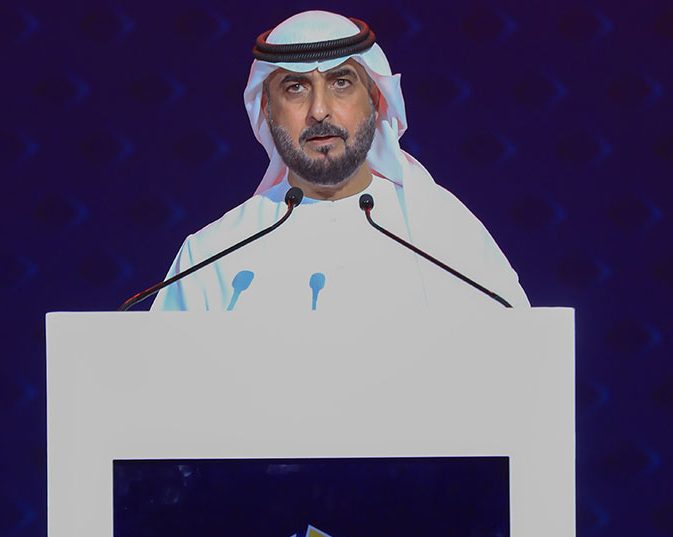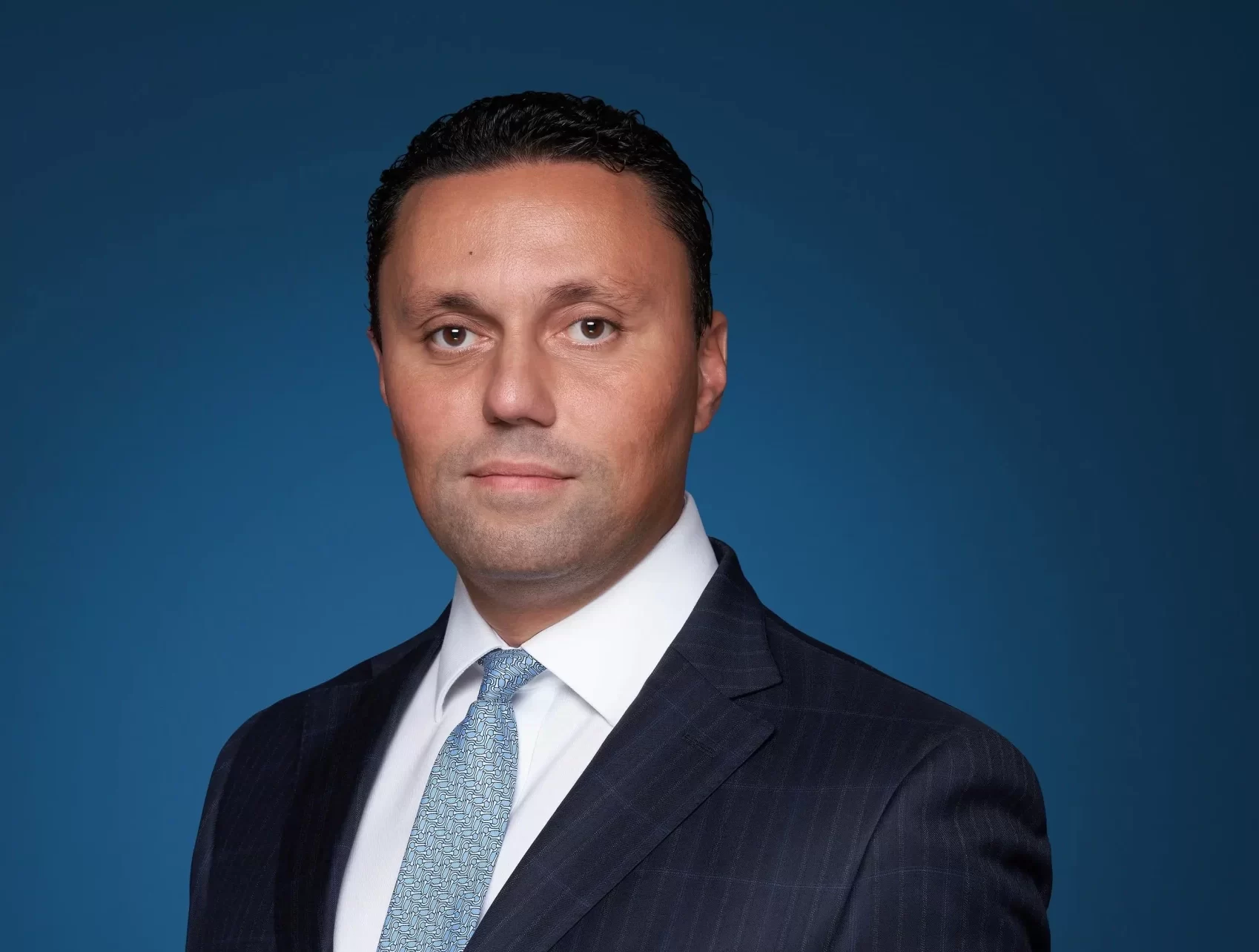Efforts to Rein In AI Tap Lesson From Social Media: Don’t Wait Until It’s Too Late
Activists and officials race to shape rules and public understanding of new artificial intelligence tools
Social media was more than a decade old before efforts to curb its ill effects began in earnest. With artificial intelligence, lawmakers, activists and executives aren’t waiting that long.
Over the past several months, award-winning scientists, White House officials and tech CEOs have called for guardrails around generative AI tools such as ChatGPT—the chatbot launched last year by Microsoft-backed startup OpenAI. Among those at the table are many veterans of the continuing battle to make social media safer.
Those advocates view the AI debate as a fresh chance to influence how companies make and market their products and to shape public expectations of the technology. They aim to move faster to shape the AI landscape and learn from errors in the fight over social media.
“We missed the window on social media,” said Jim Steyer, chief executive of Common Sense Media, a child internet-safety organisation that has for years criticised social-media platforms over issues including privacy and harmful content. “It was late—very late—and the ground rules had already been set and industry just did whatever it wanted to do.”
Activists and executives alike are pushing out a range of projects and proposals to shape understanding and regulation to address issues including AI’s potential for manipulation, misinformation and bias.
Common Sense is developing an independent AI ratings and reviews system that will assess AI products such as ChatGPT on their handling of private data, suitability for children and other factors. The nonprofit plans to launch the system this fall and spend between $5 million and $10 million a year on top of its $25 million budget to fund the project.
Other internet advocacy groups including the Mozilla Foundation are also building their own open-source AI tools and investing in startups that say they are building responsible AI systems. Some firms initially focused on social media are now trying to sell services to AI companies to help their chatbots avoid churning out misinformation and other harmful content.
Tech companies are racing to influence regulation, discussing it with global governments that are both wary of AI and eager to capitalise on its opportunities. In early May, President Biden met with the chief executives of companies including OpenAI, Microsoft and Google at the White House. OpenAI CEO Sam Altman has spent weeks meeting with lawmakers and other leaders globally to discuss AI’s risks and his company’s idea of safe regulation.
Altman and Microsoft President Brad Smith have both argued for a new regulatory agency that would license large AI systems. Tesla CEO Elon Musk, who on Wednesday announced the official launch of his new AI startup, said in May that the government should convene an independent oversight committee, potentially including industry executives, to create rules that ensure AI is developed safely.
The Federal Trade Commission also is taking a hard look at AI. It is investigating whether OpenAI has “engaged in unfair or deceptive practices” stemming from false information published by ChatGPT, according to a civil subpoena made public this past week. Altman said OpenAI is confident that it follows the law and “of course we will work with the FTC.”
Looming large over all this activity is the growing feeling among many activists and lawmakers that years of efforts to regulate or otherwise change social-media companies including Facebook parent Meta Platforms, Twitter and TikTok were unsatisfactory. Facebook was founded in 2004 and Twitter in 2006, but widespread discussion about regulation didn’t really take off until after discoveries of Russian interference and other issues in the 2016 U.S. election.
“Congress failed to meet the moment on social media,” Democratic Sen. Richard Blumenthal said during a congressional hearing on AI in May. “Now we have the obligation to do it on AI before the threats and the risks become real.”
Though social-media executives in recent years called for more regulation, no new U.S. federal laws have been set that require companies to protect users’ privacy and data or that update the nearly three-decade-old rules for how platforms police content. In part that is because of disagreements among lawmakers over whether companies should do more to moderate what is said on their platforms or whether they already have overstepped into stifling free speech.
Some of the activists who are veterans of those battles say two major lessons from this era are that the companies can’t be trusted to self-regulate and that the federal government is too gridlocked to pass meaningful legislation. “There’s a massive void,” Steyer of Common Sense Media said.
Yet he and others say they are encouraged by the willingness of AI companies to discuss major issues.
“We’re seeing some of the people from trust and safety teams from social media are now at AI companies,” said L. Gordon Crovitz, co-founder of NewsGuard, a company that tracks and rates news sites. Crovitz, former publisher of The Wall Street Journal, says these people seem much more empowered in their current roles. “The body language is ‘we’ve been freed.’”
Large language models such as GPT-4 are trained on anything that can be scraped from the internet, but the data contain large chunks of hate speech, misinformation and other harmful content. So these models are further refined after their initial training to weed out some of that bad content in a process called fine-tuning.
NewsGuard has been talking to AI companies about licensing its data—which Crovitz calls a “catalog of all the important false narratives that are out there”—for fine-tuning and to bolster AI models’ guardrails against producing just those types of misinformation and false narratives.
Ravi Iyer, a former product manager for Meta, is now at the University of Southern California’s Marshall School of Business and developing a poll that tracks how people experience AI systems. He hopes the poll will influence how AI companies design and deploy their products.
“We need to know that’s a choice platforms can make and reward them for not making the wrong choices,” Iyer said.
The Mozilla Foundation, a nonprofit that builds the Firefox internet browser, said it is building open-sourced models as alternatives to large private AI models. “We need to build alternatives and not just advocate for them,” Mark Surman, Mozilla’s president, said.
Steyer described the AI ratings system being built at Common Sense as the most ambitious in the nonprofit’s history. Tracy Pizzo Frey, a consultant who previously worked for Google and is helping craft the system, said there is no set way to evaluate the safety of AI tools.
So far, Common Sense is looking at seven factors, including how transparent companies are about what their systems can do and where they still have shortcomings. The nonprofit may factor in how much information companies provide about their training data, which companies including OpenAI view as competitive secrets.
Frey said Common Sense won’t ask for proprietary data but needs information that helps parents and educators make informed decisions about the use of AI. “There are no rules around what transparency looks like,” Frey said.
 Copyright 2020, Dow Jones & Company, Inc. All Rights Reserved Worldwide. LEARN MORE
Copyright 2020, Dow Jones & Company, Inc. All Rights Reserved Worldwide. LEARN MORE
Chris Dixon, a partner who led the charge, says he has a ‘very long-term horizon’
Americans now think they need at least $1.25 million for retirement, a 20% increase from a year ago, according to a survey by Northwestern Mutual
Highlighting a significant recovery and robust growth across all key performance metrics.
Bank of Sharjah has released its results for the period ending 30 June 2024, showcasing robust performance and strong momentum since the beginning of the year. The Bank reported a net profit of AED 171 million, a significant turnaround from the AED 144 million loss in the same period last year.
This remarkable improvement is attributed to a substantial increase in net interest income, stringent credit underwriting, and reduced operating costs, marking a 233% increase over the previous year when excluding the one-time impairment charge from de-linking its Lebanese subsidiary.
The Bank’s exceptional financial results highlight the effectiveness of its strategic focus on sustainable growth, with notable improvements across all major performance metrics. Funded and unfunded income both saw increases, with net interest income rising by 108% and operating income growing by 34%.

Additionally, the cost-to-income ratio improved significantly to 40.1% due to cost discipline measures. The balance sheet remains strong with a loans-to-deposits ratio of 86.63%, indicating comfortable liquidity. The Bank also maintains strong capitalization, with a regulatory capital adequacy ratio exceeding 15% and Tier 1 and CET1 capital ratios around 14%. These positive results underscore the Bank’s underlying strength, operational efficiency, prudent risk management, and ongoing enhancement of shareholder value.
Commenting on the Bank’s results, Sheikh Mohammed bin Saud Al Qasimi, Chairman of Bank of Sharjah, stated: “We are pleased with our outstanding performance in the first half of 2024, which reflects our commitment to adding value to our customers, supporting our communities, and rewarding our shareholders. Despite the challenging geopolitical situation in the region, the UAE economy has remained resilient and continues to register healthy growth following various economic diversification initiatives that provide consistent impetus for trade, investment, and wealth creation. Bank of Sharjah has entered a new chapter with a new leadership team, focused on building new business streams, expanding our reach across the UAE and the region, and delivering exceptional service to our customers.”
He added: “Our performance in the first half of the year demonstrates the effectiveness of our new strategy, and we look forward to delivering continued growth in the years to come.”

The CEO, Mr. Mohamed Khadiri, commented “2024 has begun exceptionally well for Bank of Sharjah, with the bank achieving a record year-on-year profit. I am delighted with our stellar performance as we continue to strengthen the bank’s fundamentals. Our outstanding results reaffirm that our new business strategy is on track to deliver sustainable revenue growth, driven by business expansion, operational efficiency, prudent risk management, and talent development. This achievement is also a testament to the Bank’s success in providing high-quality financial services that meet the aspirations and growing needs of our customers.”
He further added: “Bank of Sharjah is a strong and respected brand within the local community. We are leveraging our core strengths to build a platform that will operate at its full potential across the UAE and the region. The Bank remains focused on executing our strategy and is well-positioned to maintain strong performance throughout 2024 and beyond.”
Chris Dixon, a partner who led the charge, says he has a ‘very long-term horizon’
Americans now think they need at least $1.25 million for retirement, a 20% increase from a year ago, according to a survey by Northwestern Mutual





















